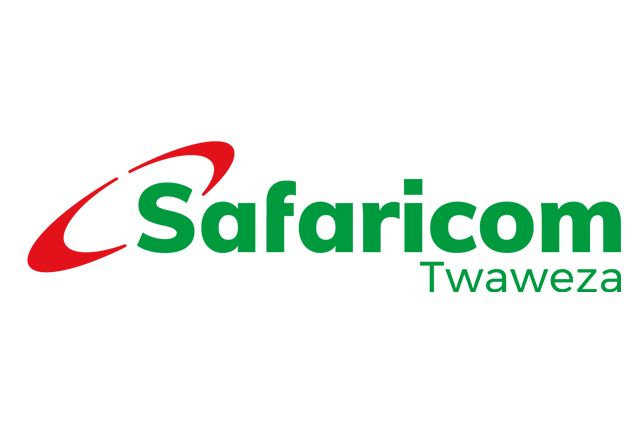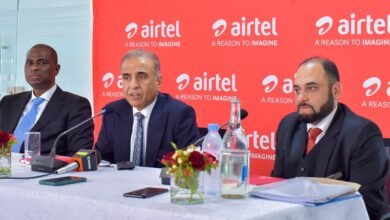
In Summary:
- Safaricom says they’re not opposed to the merger as claimed by Telkom Kenya
- Safaricom says they worked with CA and Airtel in 2014 for a similar transaction
- Safaricom’s concerns are over a debt of over KES. 1.2 Billion owed by both operators which Safaricom wants settled before merger
- Safaricom is concerned about frequency allocation post merger where Airtel-Telkom will jointly hold 77.5 MHz of spectrum against a customer base of 17.3 million, compared to Safaricom’s 57.5 MHz with almost double the customer base at 31.8 million .
- Safaricom wants all players to be treated equally in relation to licensing and operations requirements.
As Shared by Safaricom PLC:
Our attention has been drawn to claims by Telkom Kenya that Safaricom is opposed to its proposed merger with Airtel Kenya. We wish to clarify that this is not Safaricom’s position.
Safaricom believes in competition based on innovation, investment, focus on brand building and service to the customer. Industry players are free to engage and organize themselves as they please, subject to regulatory approvals, to achieve their objectives.
Indeed, Safaricom worked with the industry regulator Communication Authority of Kenya and Airtel Kenya in 2014 during a similar transaction when Essar Telecom sought to exit the market.
While we are supportive of industry changes that seek to deliver greater choice and value to consumers, we have raised valid concerns that we hope the regulator will consider and address as part of the approval process.
The first is the debt owed by the two operators, amounting to KES 1,297,448,468.88, incurred for the provision of various services including interconnection, co-location and fibre services. This debt is due and payable, based on the agreement to provide services entered into with the two entities as distinct operators. Our expectation is that the payment obligations should be settled in full before the transfer of business is effected.
The second is the need to rebalance the frequencies allocation. Post-merger, Airtel-Telkom will jointly hold 77.5 MHz of spectrum against a customer base of 17.3 million, compared to Safaricom’s 57.5 MHz with almost double the customer base at 31.8 million. Given the size of Safaricom’s customer base in comparison to the current spectrum holdings, it is apparent that the transaction will create a disproportionate imbalance in the spectrum allocation, which will be inconsistent with the market share.
The third is the equal treatment of operators and creation of a level playing field within the industry, specifically in relation to licensing and operations requirements.
Having articulated our concerns, we await direction from the regulator on the way forward, especially in regard to the debt payment and rebalancing of frequencies allocation.
We also look forward to working alongside other industry players to continue delivering high quality, innovative services to Kenyans.
Michael Joseph,
CEO – Safaricom PLC.






